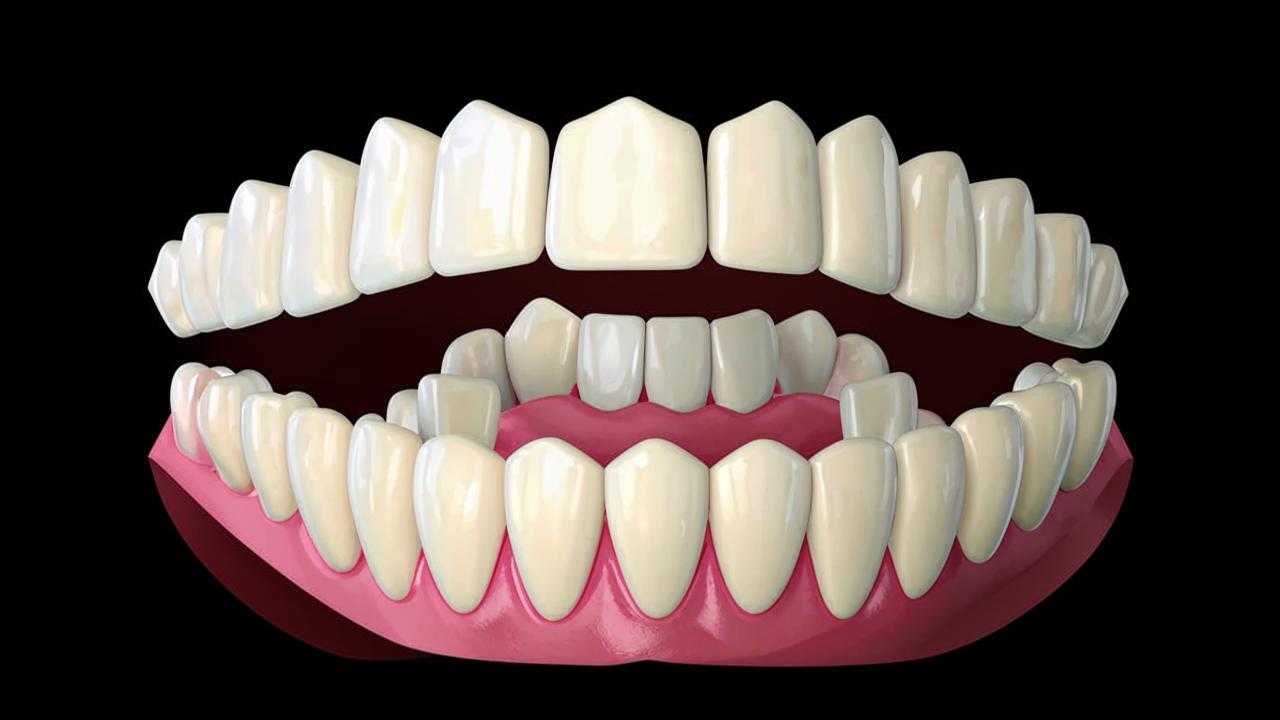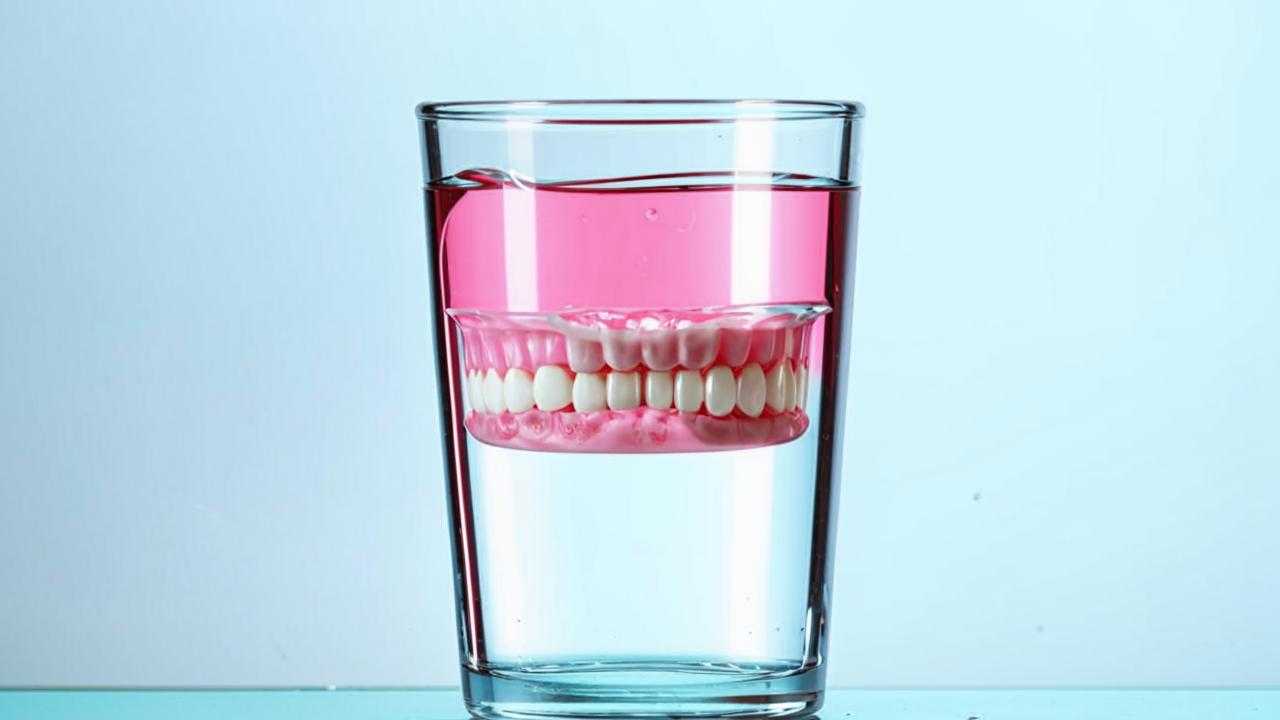Reading time ~ 3 min Number of readings: 18022
At first, after the procedure of removable prosthetics, the patient may be constantly interfered with something, causing painful sensations and other inconveniences:
- Unaccustomedness. For an unprepared person, the presence of a foreign body in the mouth brings a feeling of discomfort.
- Excessive salivation. The brain mistakes the object in the mouth for food that needs to be moistened for better digestion.
- A feeling of discomfort when chewing food.
- The distribution of the load is slightly different from the habitual jaw.
- Violation of diction. The device becomes in the way of the tongue and prevents it from moving.
- Loss of taste. The device can close the receptors, changing the saturation of flavor.
- Discomfort.
How long does it take to get used to dentures?
It is difficult to talk about a certain time of habituation. This is influenced by factors:
- The degree of fixation of the appliance. In case of insufficient fixation, it moves out and damages the gum, mucosa, tongue, soft tissues.
- The condition of the gums. If the gums are initially irritated, chafed or inflamed, the adaptation phase will take longer.
- Installation of braces. Bugs – reduce the period of habituation.
- Psychological attitude of the patient. A person who is in a stressful state, who removes the construction at the first opportunity, himself prolongs the agony.
- Individual characteristics of a person.
Tips that will help you get used to dentures faster
These methods will not cure you, but will shorten the period of adaptation.
- Massage of the gums. If blood moves quickly through the soft tissues of the gums, a person is more likely to get used to it. This can be accomplished by massaging the gum yourself, which reduces pain. The soft tissues will become healthy, elastic again.
- Dryness in the mouth. Here will help systematic drinking water in small sips. Saliva stops being secreted as soon as the brain realizes that there is no food in the mouth.
- Gargle with infusions, decoctions. To do this, mix leaves of sage, chamomile, walnut and boil. Gargle no more than 3 times a day.
Useful exercises
To get used to the new jaw more easily, dentists recommend helping the body to accept the prosthesis. Speech exercises are prescribed. When dental structures are installed, speech is disturbed. Patients complain that because of the embarrassment of appearing stupid, they stop talking, which should not be done.
Tongue exercises will speed up the habituation. Take 60 minutes a day for exercises.
The idea is that you should pronounce words slowly at first, and then pick up the pace. In addition to individual words, reading books, cursive phrases aloud will do. No one promises instant restoration of speech, but for a week you will improve diction.
Care for prostheses
People who are accustomed to oral hygiene, it will take less time to adapt.
- After every meal, remove the structure and rinse with water.
- Clean twice a day with brushes and solutions. Remember also the inside, where bacteria accumulate.
- For additional disinfection, use tablets that are dipped in water where they dissolve. 15 minutes in the solution will kill the trace elements.
What to do if there is intolerance to removable dentures?
Dentures are a safe method of dental intervention. The problem is allergies. Allergy when fitted is a reaction to someone else’s, located inside it. In this case, the mucosa is irritated, and there is pain. If a reaction is detected (you may not feel it), immediately consult a doctor. It is impossible to delay, as the situation will worsen.
The doctor will first remove the construction, then determine what material caused the allergic reaction. Henceforth, materials that do not cause allergies are used. A new one is installed a month after the disappearance of pain.
What to do if the habituation to dentures is delayed?
With full compliance with the rules, such as personal hygiene, tongue exercises, not frequent extraction, a person adapts in one week. If the process is prolonged for 3 weeks, the habituation is called protracted. Adaptation that lasts longer than three weeks is not pathology if the person has lived without or with 60% of the teeth.
If after 3-5 days the device causes discomfort, rubbing, painful sensations, you can not pull, go to the doctor. He will re-install or correct the defects.
If we look at patient reviews, we conclude that 70% of people who have installed prostheses, get used to the new object in the mouth for 2-3 weeks.

